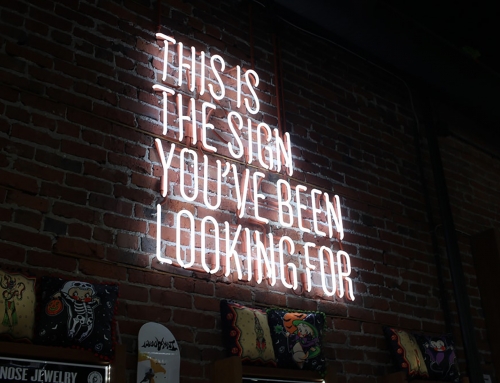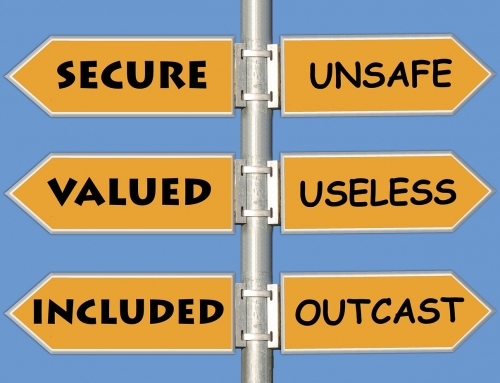Compassion
Compassion in the workplace is an underrated tool.
What do you do if someone is rude to you?
Is bullying you,
Isn’t very good at their job (though you are),
Is draining and needs to use you as sounding board for their issues,
Uses you as a constant focus for comparison on
When an employee is under performing.

Faced with these situations many people use compassion in these cases to release their own frustrations. However compassion can be used very powerfully as a working tool in life.

-
Look at compassion differently
Instead of feeling that compassion means you have to give the other person more than you already have, look at compassion as a broad spectrum working emotional tool that will set YOU free.

-
Don’t take what the other person is doing/or not doing personally.
When you work with someone, you are both placed in a pressure cooker situation. Everyone is challenged by the mixture. The more people on a project, the greater the challenge is to make the mixture work. No-ones preferences are really taken into account and that is where the fun begins. Some people will just get on and do their best. Some people are claustrophobic in group relationships and they will try and stand out. They might try to do this standing on your back. The main thing is to understand is that everyone’s character shows up. If you see someone behaving badly, it’s their character that is showing up, not yours. Watch and observe how each person is behaving and what personality traits show up.

-
Compassion is designed to create awareness.
If you have been triggered or hurt by someone, you are asked to become aware. You are being asked to wake up. The other person keeps prodding you, so pay attention to what they are teaching you. If you feel powerless, then learn the tools that will help you set boundaries to help you restore a feeling of emotional strength.

-
Walk in their footsteps
The old saying walk in my shoes before you judge can help you to restore your balance when you are triggered. Sit for a moment, and reflect on what it must be like to be like this person. Start off with what you imagine to be their early morning, walk through their day and put some of the behaviours you are familiar with into this picture. What does it feel like to be them? Do you feel happy or sad? You may find yourself unexpectedly empathizing- don’t worry if you don’t. It may free you from the desire and need to protect yourself, if you look at a situation from completely different angle.
Remind yourself not to let other people control your mind.

If you keep thinking about someone else then your feelings are connecting you to that person. Another way of looking at this is a emotional reaction is a form of emotional connection. If you don’t want your feelings to be defined or controlled by someone else, learn compassion. A feeling tells you what you want to do and how, follow the direction given by the feeling to resolve your conflict. You are being taught emotional skills by this person, so learn what you need to from them to set them free. In this way you free your mind.
Compassion as awareness creates freedom of mind. Develop compassion as an emotional tool will help you to free your mind to become totally aware of whom you want to be and the freedom to be that person.
Lucille Henry PhD.







Recent Comments